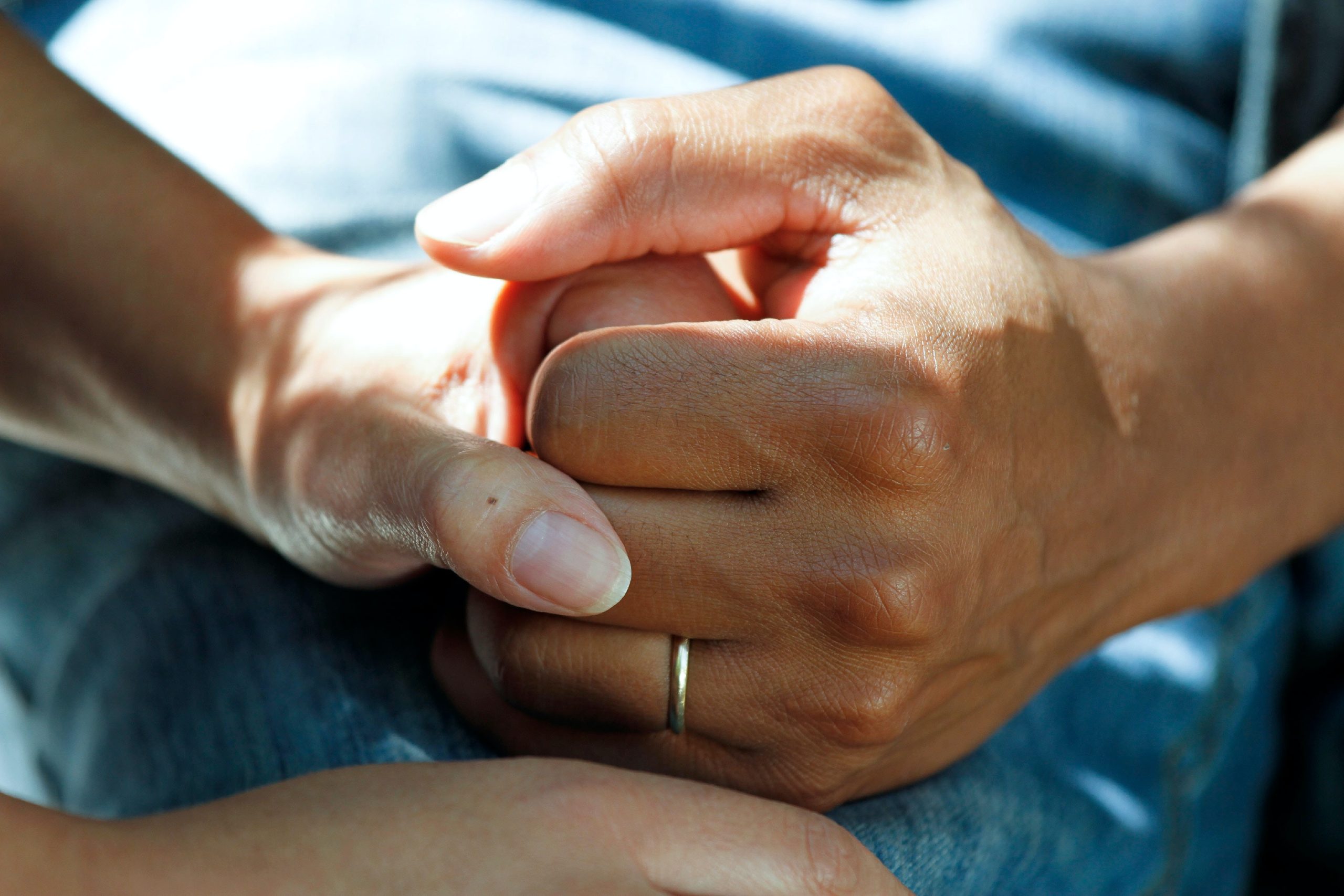

The Emotional Impact of Incontinence
Although incontinence is not a life-threatening condition, it can lead to feelings of depression, anxiety, shame, and embarrassment. If incontinence becomes an ongoing problem, individuals may even plan their lives around the fear of losing bladder control and ultimately withdraw from all social contact. This article provides information about how to support someone who is struggling with the emotional impact of incontinence.
How incontinence affects emotional balance
Toilet training is an important developmental milestone during early childhood because learning to control one’s bodily functions helps promote independence and autonomy. When incontinence develops later in life, this regression and loss of control can have serious consequences. For one, constantly worrying about bladder control leads older children and adolescents to have difficulty interacting with their peers. They struggle to take pride in their achievements when they are unable to use the bathroom independently. Incontinence can also take a terrible toll on adults when they are unable to become emotionally and physically intimate with their partners. This is particularly painful as they watch friends and acquaintances fall in love, get married, and start families. Finally, incontinence can lead older adults to withdraw from activities that they once enjoyed and become socially isolated. This ultimately puts them at higher risk for depression, cognitive decline and dementia.
Talk with the doctor
Many people who live with incontinence are too embarrassed to discuss it with their doctors. An important first step towards dealing with incontinence is an open, honest discussion with a trusted healthcare provider. To make this conversation easier, the National Association for Continence developed the No Leaks tool kit which is filled with materials to help people feel more comfortable discussing their incontinence symptoms.
Coping strategies
For many people, incontinence can cause feelings of anxiety and stress, leaving them constantly worried about making it to the toilet in time. This can trigger the fight-or-flight response that stimulates the nervous system and bladder. Consequently, a vicious cycle can develop with anxiety and incontinence continually making each other worse. To help ease your mind and your bladder, consider trying relaxation techniques like breathing exercises, guided imagery, or medication. Also, don’t forget that a sense of humor can go a long way towards coping with incontinence. It changes the perception of a situation to defuse feelings of embarrassment and helps restore one’s spirit. Seeing the absurdities of life as humorous helps build the resilience that is needed to cope with the challenges of incontinence. ‘
Support groups
Incontinence is a highly emotional issue and it can be helpful to discuss and share your feelings with others who can relate. Support groups allow you to connect with other people who are dealing with the same challenges. They can help fill the gap between medical treatment and the need for emotional support. Online support groups are very beneficial for people who deal with incontinence for several reasons. First, they allow members to remain anonymous if they wish to minimize embarrassment or social anxiety. Another advantage is the convenience as discussion forums never close and instant messaging is available at any time of the day or night. Lastly, the online format allows resources, research studies and product recommendations to be accessible at all times to members of the group. Here are links to some online support groups for people who struggle with incontinence:
- Daily Strength
- The Simon Foundation for Continence
- National Association for Continence
- Support In Continence
- Bladder & Bowel Community
- The Incontinence Institute
Final thoughts
The suggestions described above can help people maintain good emotional health despite the stress and anxiety of incontinence. Seeking out the right products can also help with the practical aspects of bladder and bowel accidents. Well-fitting absorbent underwear and pads can protect you from leakage and help maintain your dignity. For chronic incontinence problems, a SaniSnooze™ mattress cover is an ideal solution for children and adults of all ages. It completely protects the mattress to ensure maximum comfort and therapeutic sleep. SaniSnooze™ is the most convenient, cost-effective solution for incontinence, allowing users and caregivers to rest easily. Additional incontinence supplies are also available, including protective underwear and pads.
**The information on this site is not intended or implied to be a substitute for professional medical advice. If you are having a severe and sudden change in physical or mental health, please call 911, contact a local emergency facility or consult with your doctor. Always seek the advice of your physician or other qualified healthcare provider, and never disregard the advice given because of information you have received from our website.**
Our mission at SaniSnooze™ is to get you back to sleep faster. SaniSnooze™ will keep your mattress core clean and dry all night long.



